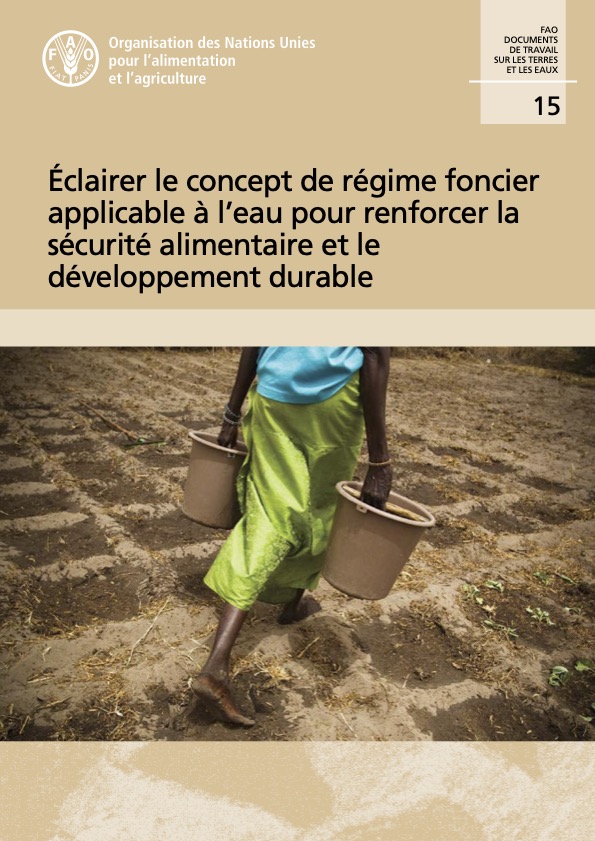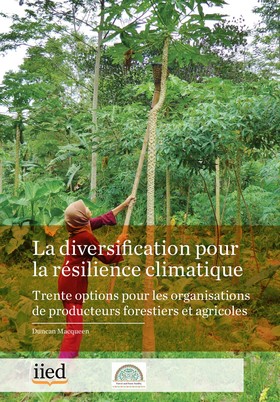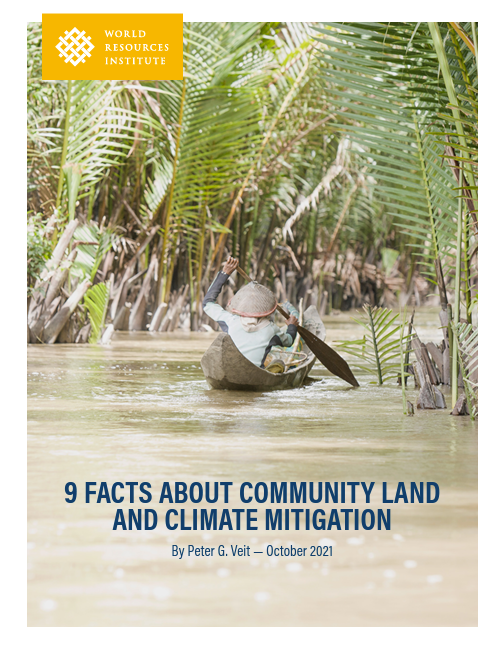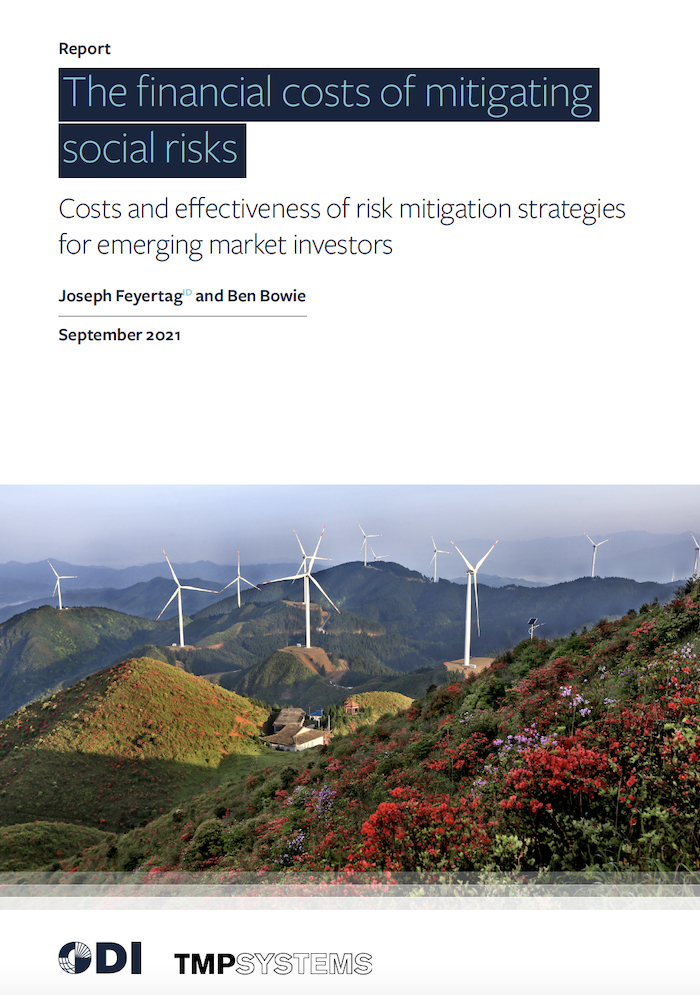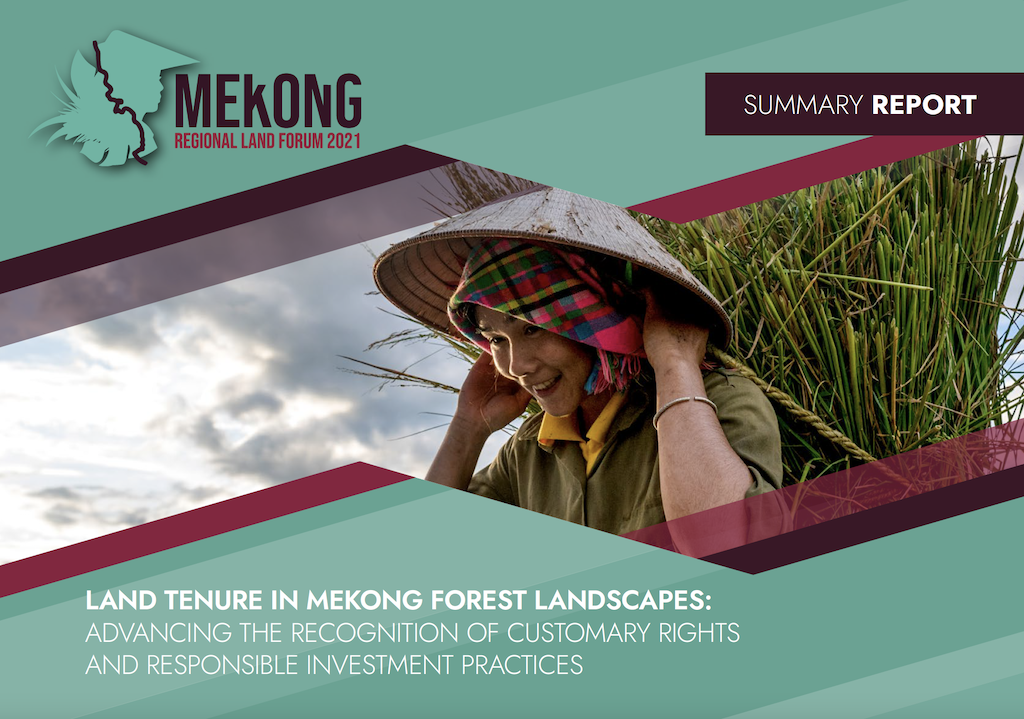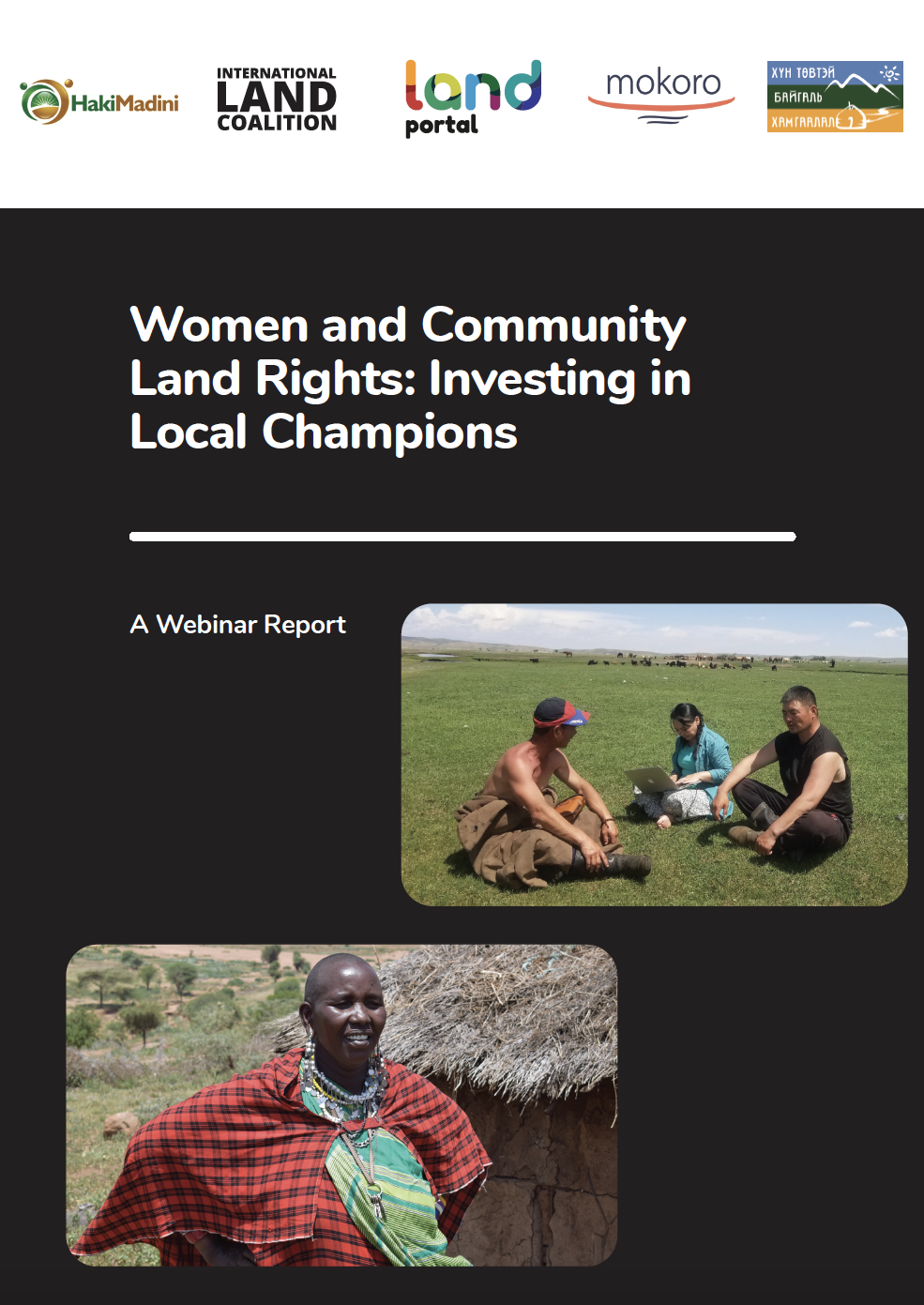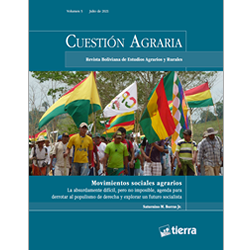Éclairer le concept de régime foncier applicable à l’eau pour renforcer la sécurité alimentaire et le développement durable
Afin de mieux comprendre le rôle que joue la sécurité du régime foncier applicable à l’eau dans la garantie de moyens d’existence durables, dans une gouvernance juste des ressources, dans la protection de l’environnement et dans le développement économique durable, l’Organisation des Nations Unies pour l’alimentation et l’agriculture (FAO) a relancé un débat qui a commencé en 2012 avec l’adoption des Directives volontaires pour une gouvernance responsable des régimes fonciers applicables aux terres, aux pêches et aux forêts (Directives volontaires) et qui a culminé en 2016 ave

